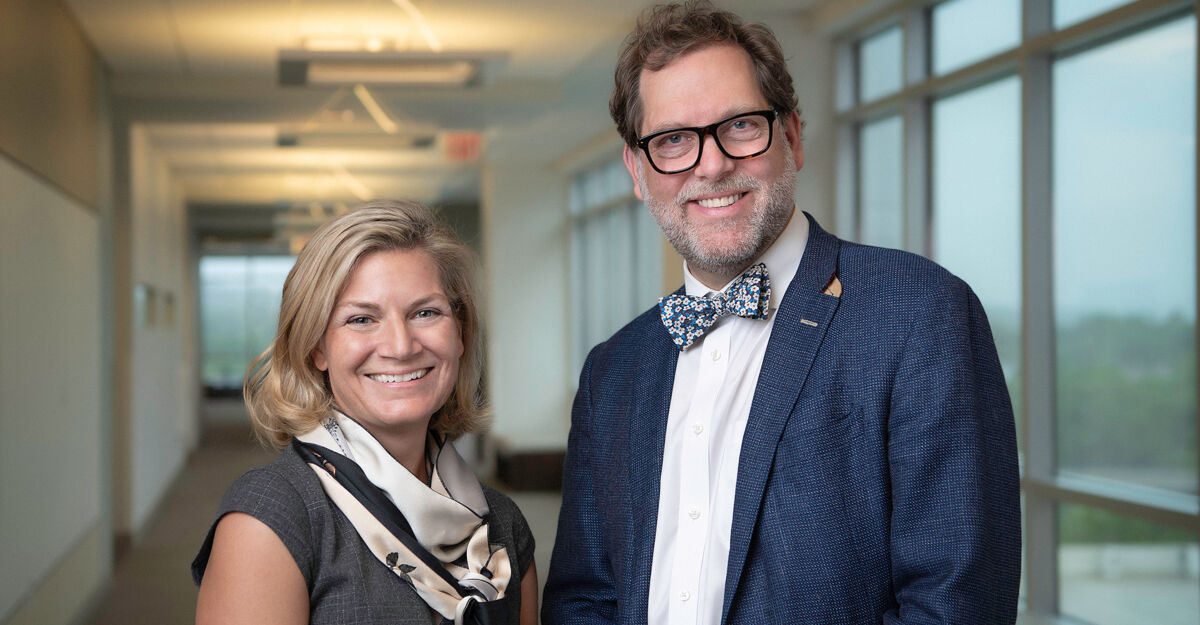
What we do procedurally and who is the right candidate for the surgery
The plastic and reconstructive surgery team at Elliot Hospital is expert in gender-affirming top surgery to remove unwanted breast tissue or to create breasts using implants.
Candidates for gender-affirming top surgery should be generally healthy who do not use tobacco or nicotine or have medical conditions that affect healing, such as poorly controlled diabetes, or conditions that require treatment with immunosuppressants or steroids. Candidates also need a letter of support from a certified mental health professional who treats gender incongruence.
Your Consultation Process with Us and Preparing for Surgery
During your consultation, you and your surgeon will discuss your concerns and your goals as well as your medical and surgical history. Your surgeon will explain gender-affirming top surgery, show you before and after pictures of other patients so you can get an idea of the results we achieve and discuss your expectations, and determine what results can be achieved safely. A chest exam will also be done. Photographs will also be taken of your chest at the time of consultation to help with planning your procedure.
Your surgical team will also discuss with you how to prepare for surgery. You will be educated on which medications to avoid before surgery, instructions for any new medications that will be added before or after surgery, risks of surgery, postoperative restrictions and incision care, and any pre-op testing that may be required.
Recovery and The New You
Results from your procedure will be noticeable immediately. However full recovery takes four to six weeks. You can expect to be bruised and swollen for the first two weeks, but this will improve over time. Six weeks is the timeframe where you can expect most of the swelling to subside and to have no restrictions if you have healed appropriately and had no complications. Incisions take a full 12 to 18 months to heal and fade. Scars are permanent but they do fade and improve over time.
You will have routine visits scheduled with your plastic surgeon and/or physician assistant/nurse practitioner after surgery. At these visits, we will discuss your healing, any questions or concerns you may have, take photos and help guide you with tips for recovery as well as how to care for your incisions.
You and your plastic surgeon need to discuss your goals and be sure that your expectations are both realistic and aligned. Our mission is always to provide patients with their ideal result. However, sometimes patients require additional procedures to achieve their desired outcome.
